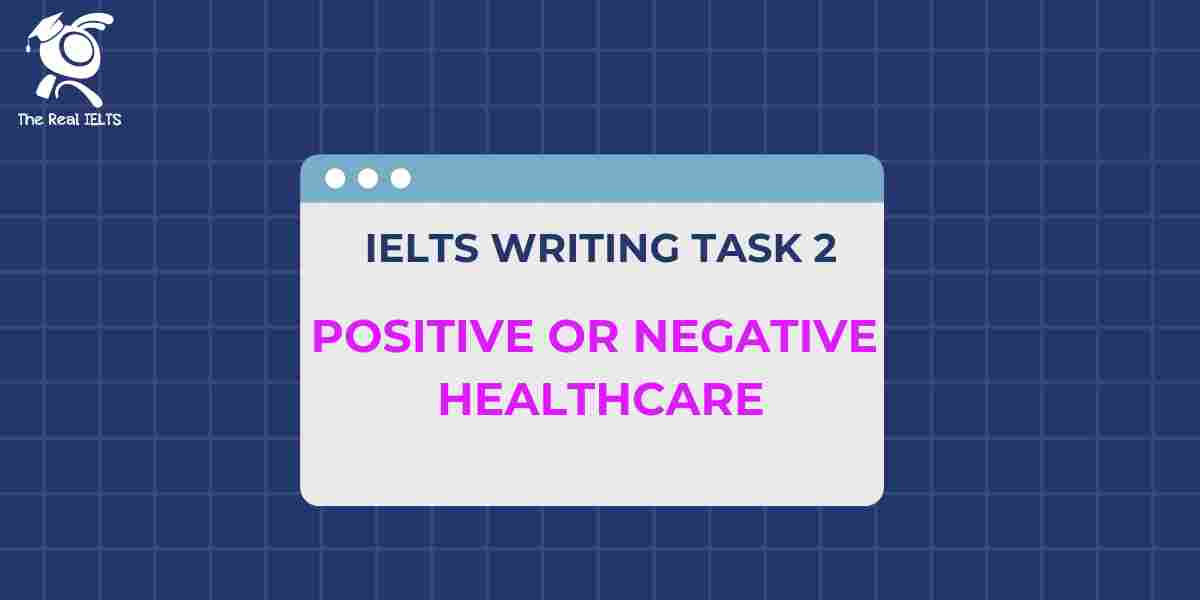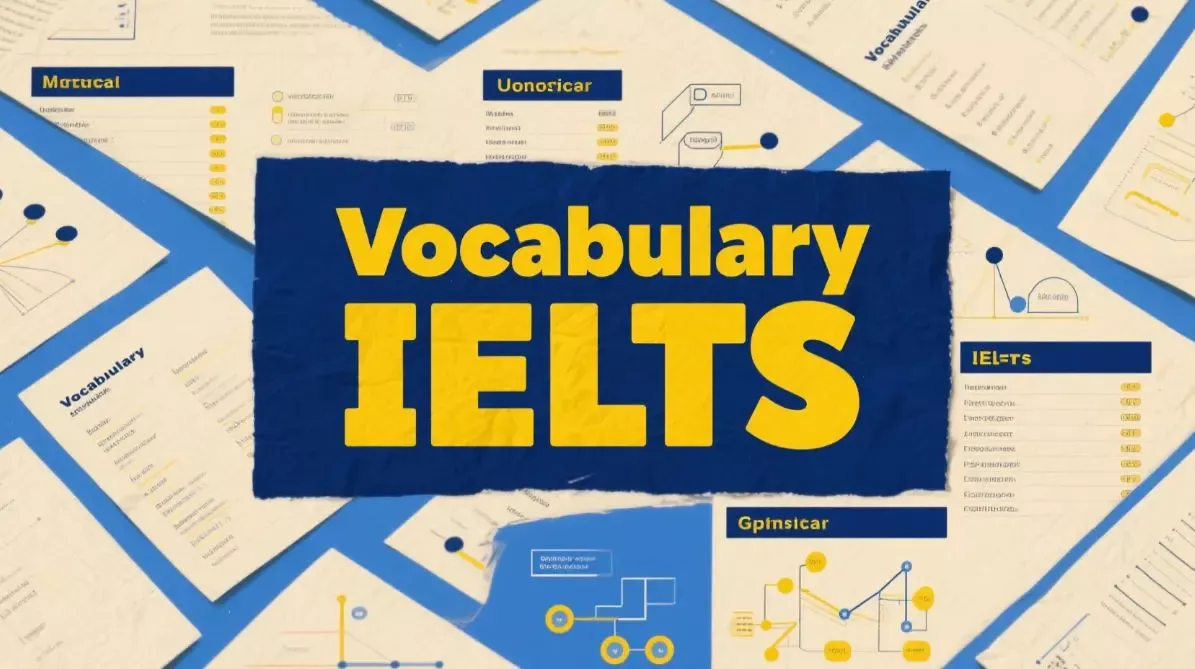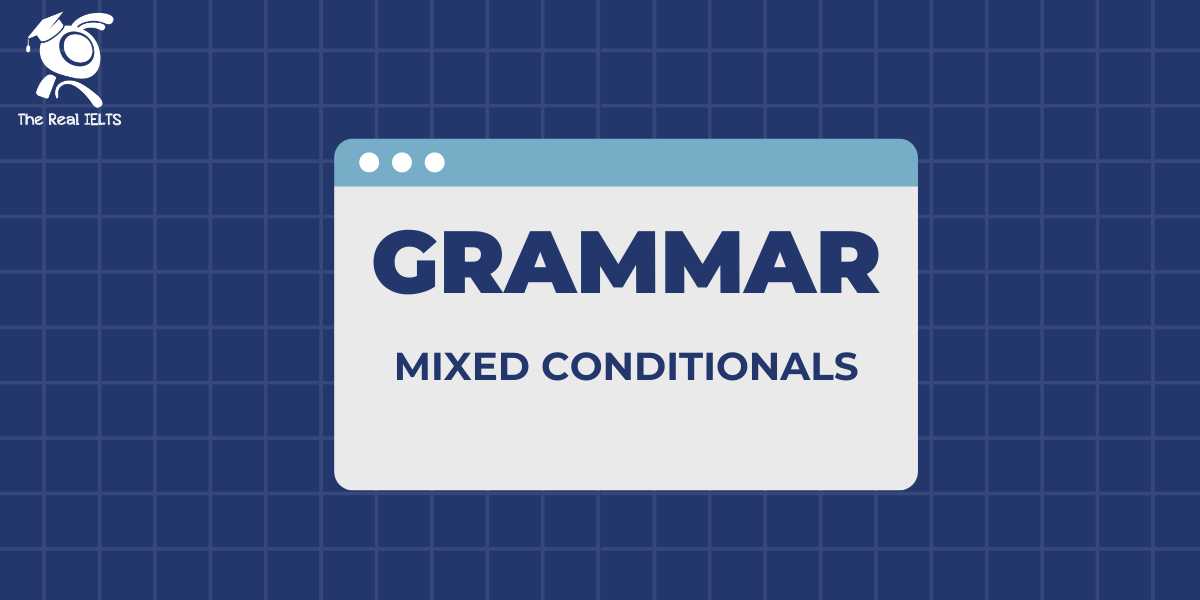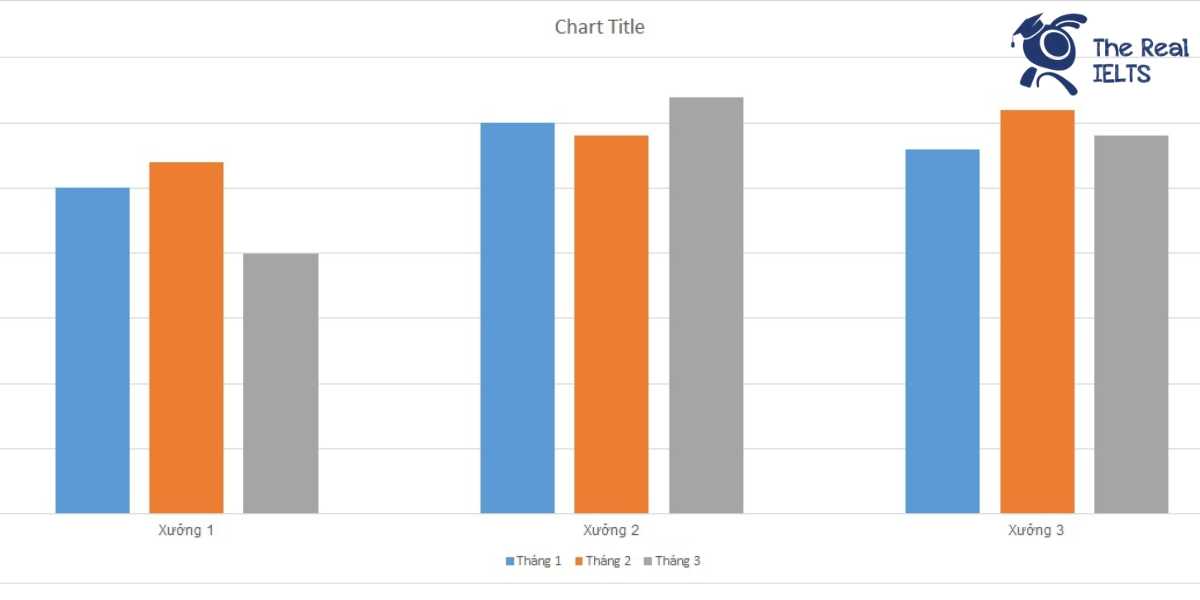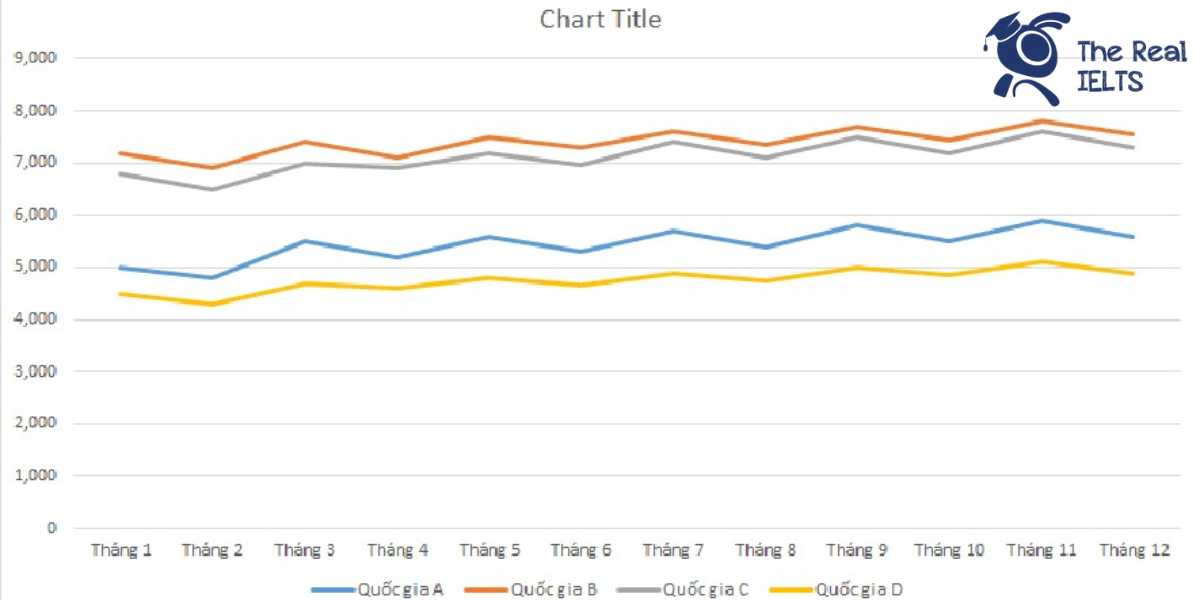Đề bài IELTS Writing Task 2 dạng Positive or Negative healthcare
You should spend about 40 minutes on this task
The use of artificial intelligence in healthcare. Do you think this is a positive or negative development?
Write at least 250 words.
Giải mẫu IELTS Writing
Artificial intelligence (AI) is increasingly being integrated into various sectors, including healthcare. While this development has its advantages and disadvantages, I firmly believe that the positive aspects outweigh the negative ones.
Firstly, AI enhances the accuracy of medical diagnoses. Advanced AI algorithms can analyze medical data more quickly and precisely than human doctors. For instance, AI systems can scan through thousands of medical images to detect anomalies that might be missed by the human eye. This capability leads to earlier detection of diseases such as cancer, significantly increasing the chances of successful treatment and saving lives.
Moreover, AI streamlines administrative processes in healthcare. AI-powered systems can manage patient records, schedule appointments, and handle billing efficiently. This automation reduces the burden on healthcare professionals, allowing them to focus more on patient care. Consequently, the overall efficiency of healthcare services improves, leading to better patient outcomes.
Additionally, AI facilitates personalized medicine. By analyzing a patient’s genetic information, lifestyle, and other factors, AI can help create customized treatment plans. This approach ensures that patients receive treatments that are specifically tailored to their individual needs, enhancing the effectiveness of medical interventions.
However, there are some concerns regarding the use of AI in healthcare. One significant issue is the potential for job displacement. As AI systems become more capable, there is a fear that certain roles traditionally performed by humans may become redundant. This situation could lead to unemployment and economic instability for healthcare workers.
Another concern is the ethical implications of AI in healthcare. Decisions made by AI systems might lack the empathy and understanding that human doctors provide. This could result in patients feeling depersonalized and less satisfied with their care. Furthermore, there are worries about data privacy and security, as sensitive patient information is increasingly stored and processed by AI systems.
In conclusion, while the integration of AI in healthcare presents some challenges, I believe that the benefits far surpass the drawbacks. AI’s ability to enhance diagnostic accuracy, streamline administrative tasks, and enable personalized medicine has the potential to revolutionize healthcare. With appropriate measures to address the concerns of job displacement, ethical considerations, and data security, the use of AI in healthcare can be a highly positive development.
Thống kê cấu trúc câu và cấu trúc ngữ pháp
Cấu trúc câu và cấu trúc ngữ pháp
- Câu phức (Complex Sentences)
- “While this development has its advantages and disadvantages, I firmly believe that the positive aspects outweigh the negative ones.”
- “For instance, AI systems can scan through thousands of medical images to detect anomalies that might be missed by the human eye.”
- “By analyzing a patient’s genetic information, lifestyle, and other factors, AI can help create customized treatment plans.”
- Câu ghép (Compound Sentences)
- “AI enhances the accuracy of medical diagnoses, and advanced AI algorithms can analyze medical data more quickly and precisely than human doctors.”
- “This automation reduces the burden on healthcare professionals, allowing them to focus more on patient care.”
- Câu đơn (Simple Sentences)
- “Artificial intelligence (AI) is increasingly being integrated into various sectors, including healthcare.”
- “This capability leads to earlier detection of diseases such as cancer, significantly increasing the chances of successful treatment and saving lives.”
- Cấu trúc bị động (Passive Voice)
- “Advanced AI algorithms can be analyzed more quickly and precisely than human doctors.”
- “This capability leads to earlier detection of diseases such as cancer.”
- Cấu trúc nhấn mạnh (Emphatic Structures)
- “One significant issue is the potential for job displacement.”
- “This approach ensures that patients receive treatments that are specifically tailored to their individual needs.”
- Cấu trúc nguyên nhân – kết quả (Cause and Effect Structures)
- “This automation reduces the burden on healthcare professionals, allowing them to focus more on patient care.”
- “This could result in patients feeling depersonalized and less satisfied with their care.”
Từ kết nối các câu và các đoạn
- Firstly – Trước hết
- Moreover – Hơn nữa
- Additionally – Thêm vào đó
- However – Tuy nhiên
- Consequently – Do đó
- Furthermore – Hơn nữa
- For instance – Ví dụ
- In conclusion – Kết luận
- While – Mặc dù
- As – Khi
- With appropriate measures – Với các biện pháp phù hợp
Các từ vựng tiếng Anh cần lưu ý trong bài viết
- Artificial intelligence (AI) – Trí tuệ nhân tạo
- Integrated – Tích hợp
- Sectors – Các lĩnh vực
- Advantages – Lợi thế
- Disadvantages – Bất lợi
- Positive aspects – Khía cạnh tích cực
- Negative aspects – Khía cạnh tiêu cực
- Accuracy – Độ chính xác
- Medical diagnoses – Chẩn đoán y tế
- Algorithms – Thuật toán
- Analyze – Phân tích
- Medical data – Dữ liệu y tế
- Doctors – Bác sĩ
- Medical images – Hình ảnh y tế
- Anomalies – Bất thường
- Early detection – Phát hiện sớm
- Successful treatment – Điều trị thành công
- Lives – Sinh mạng
- Administrative processes – Quy trình hành chính
- Systems – Hệ thống
- Manage – Quản lý
- Patient records – Hồ sơ bệnh nhân
- Schedule appointments – Lên lịch hẹn
- Billing – Lập hóa đơn
- Efficiency – Hiệu quả
- Healthcare professionals – Các chuyên gia y tế
- Patient care – Chăm sóc bệnh nhân
- Patient outcomes – Kết quả điều trị
- Personalized medicine – Y học cá nhân hóa
- Genetic information – Thông tin di truyền
- Lifestyle – Lối sống
- Customized treatment plans – Kế hoạch điều trị tùy chỉnh
- Individual needs – Nhu cầu cá nhân
- Medical interventions – Can thiệp y tế
- Job displacement – Mất việc làm
- Capable – Có khả năng
- Roles – Vai trò
- Traditionally – Truyền thống
- Redundant – Dư thừa
- Unemployment – Thất nghiệp
- Economic instability – Bất ổn kinh tế
- Ethical implications – Hệ lụy đạo đức
- Empathy – Sự đồng cảm
- Understanding – Hiểu biết
- Depersonalized – Mất nhân tính
- Satisfied – Hài lòng
- Data privacy – Bảo mật dữ liệu
- Security – An ninh
- Sensitive information – Thông tin nhạy cảm
- Measures – Biện pháp
Đọc thêm các bài Luyện Thi IELTS khác trong link nhé.


